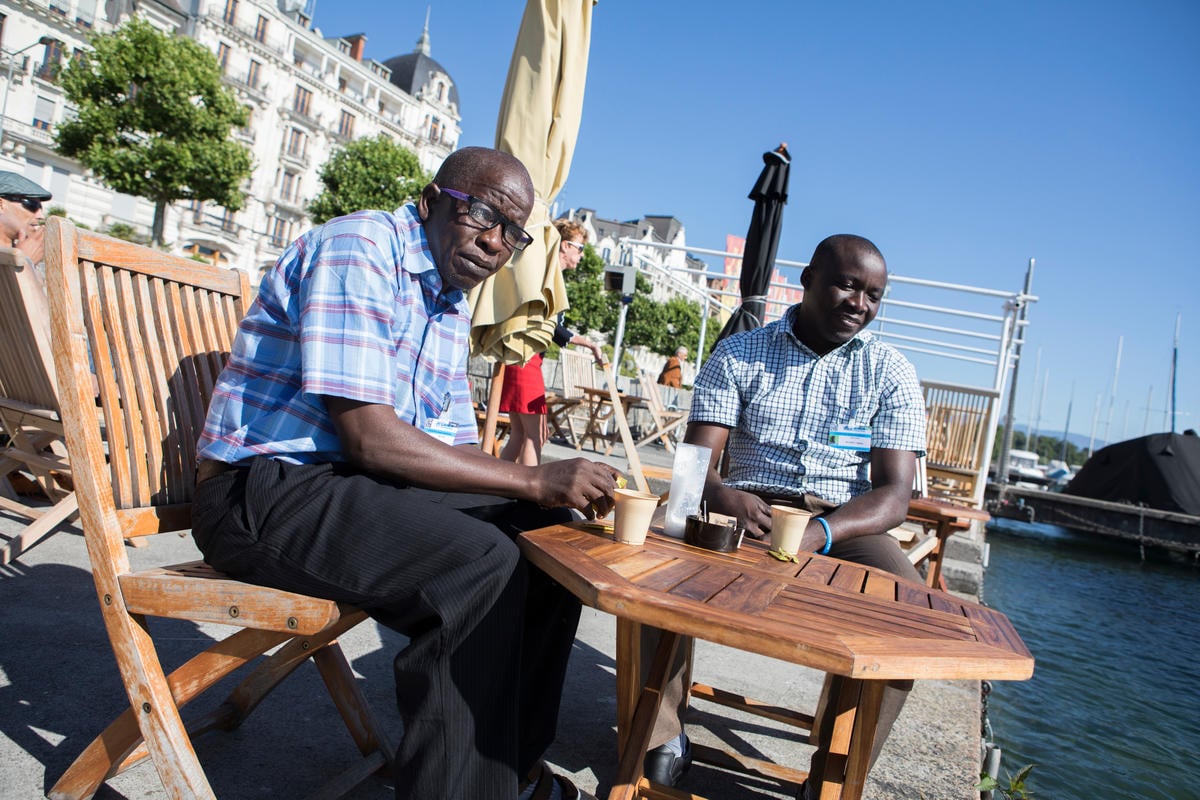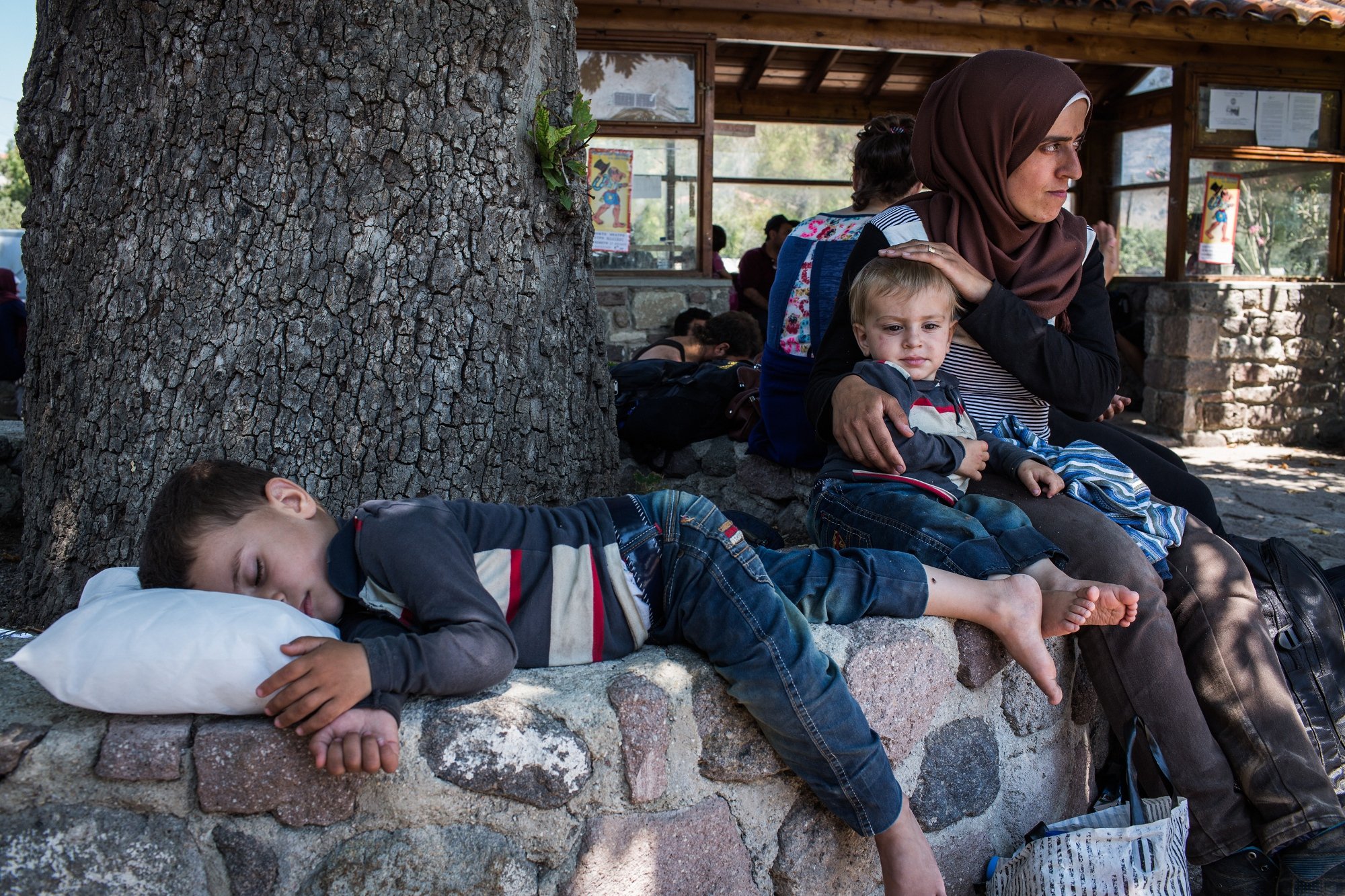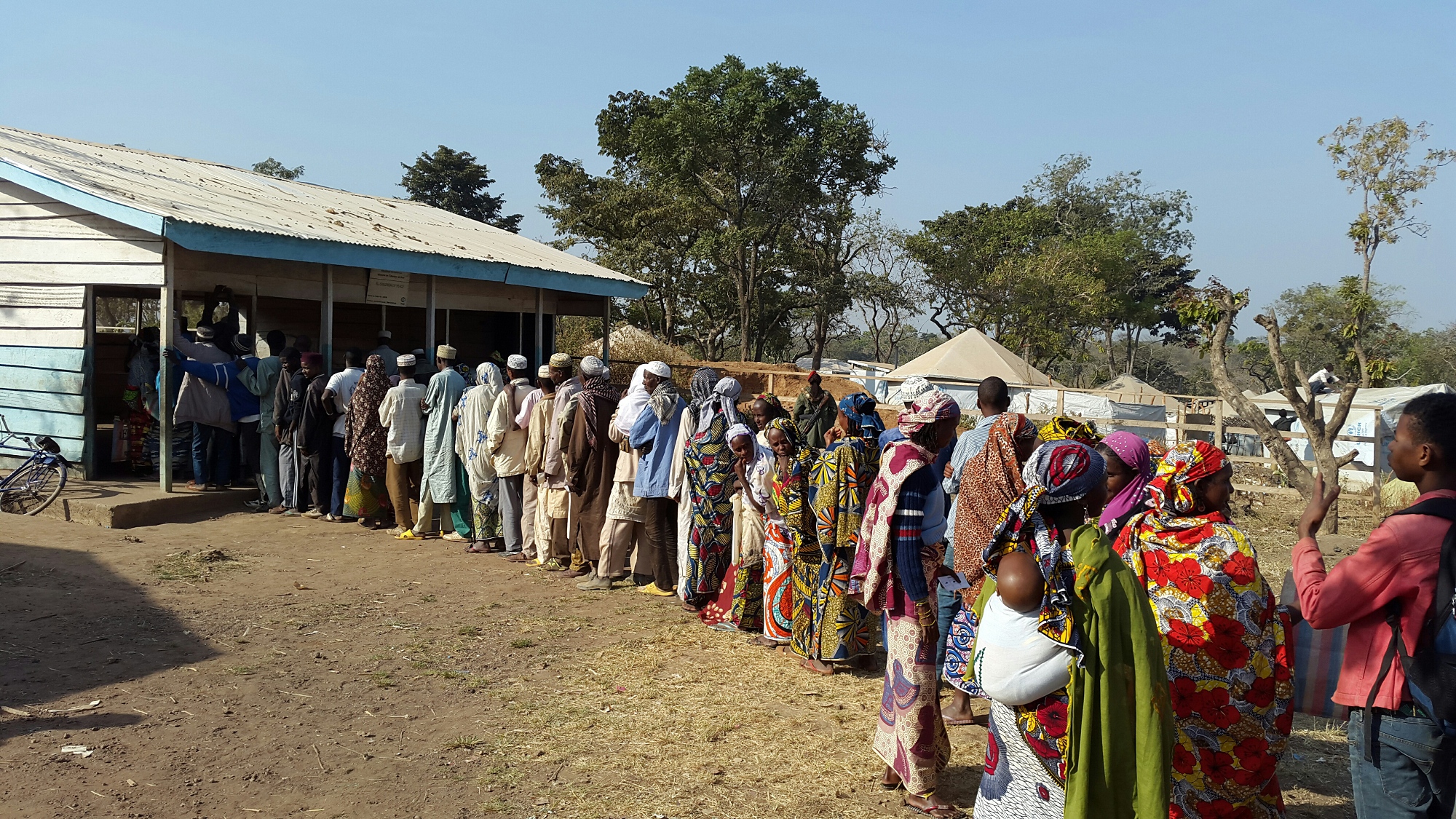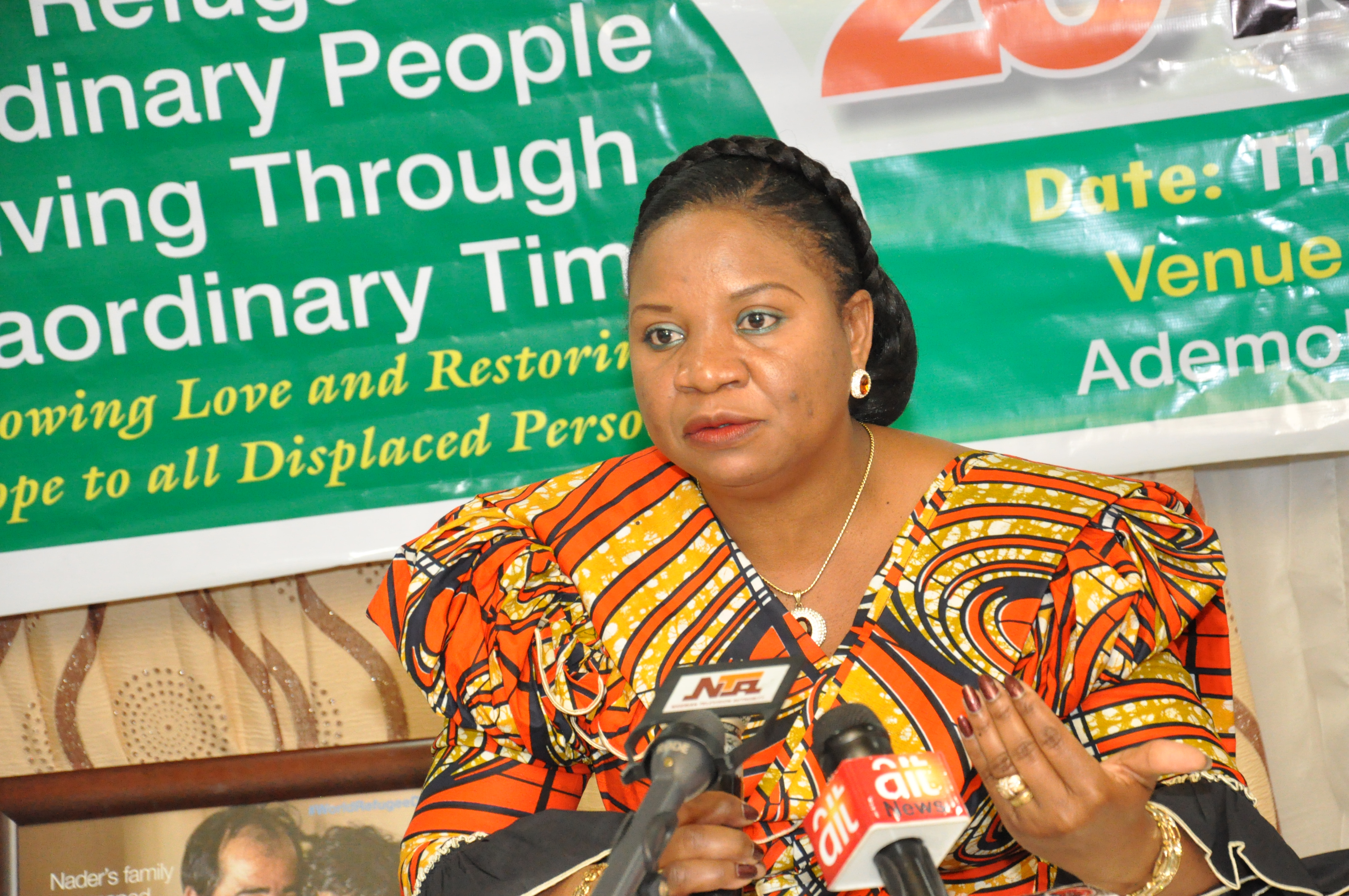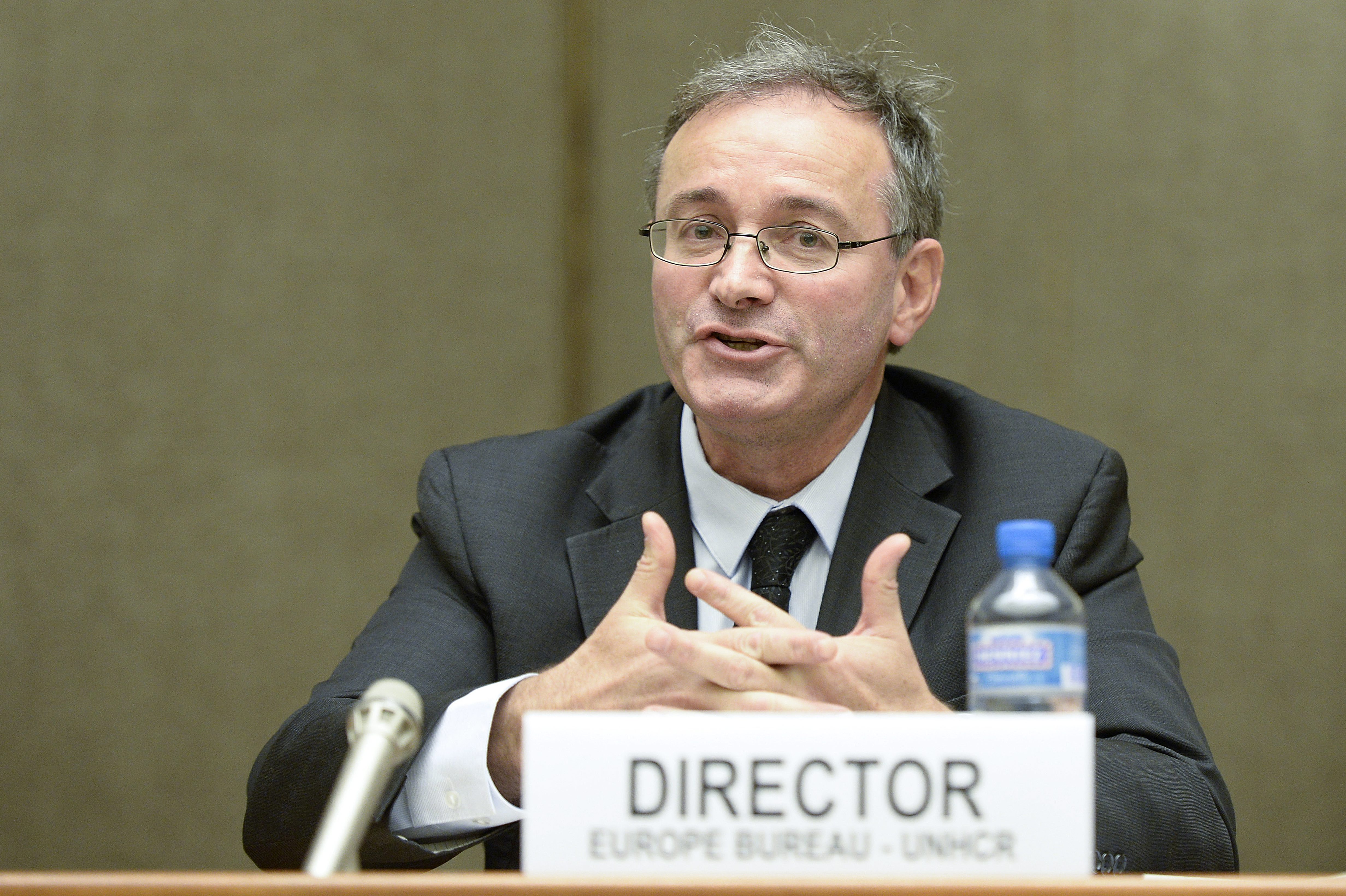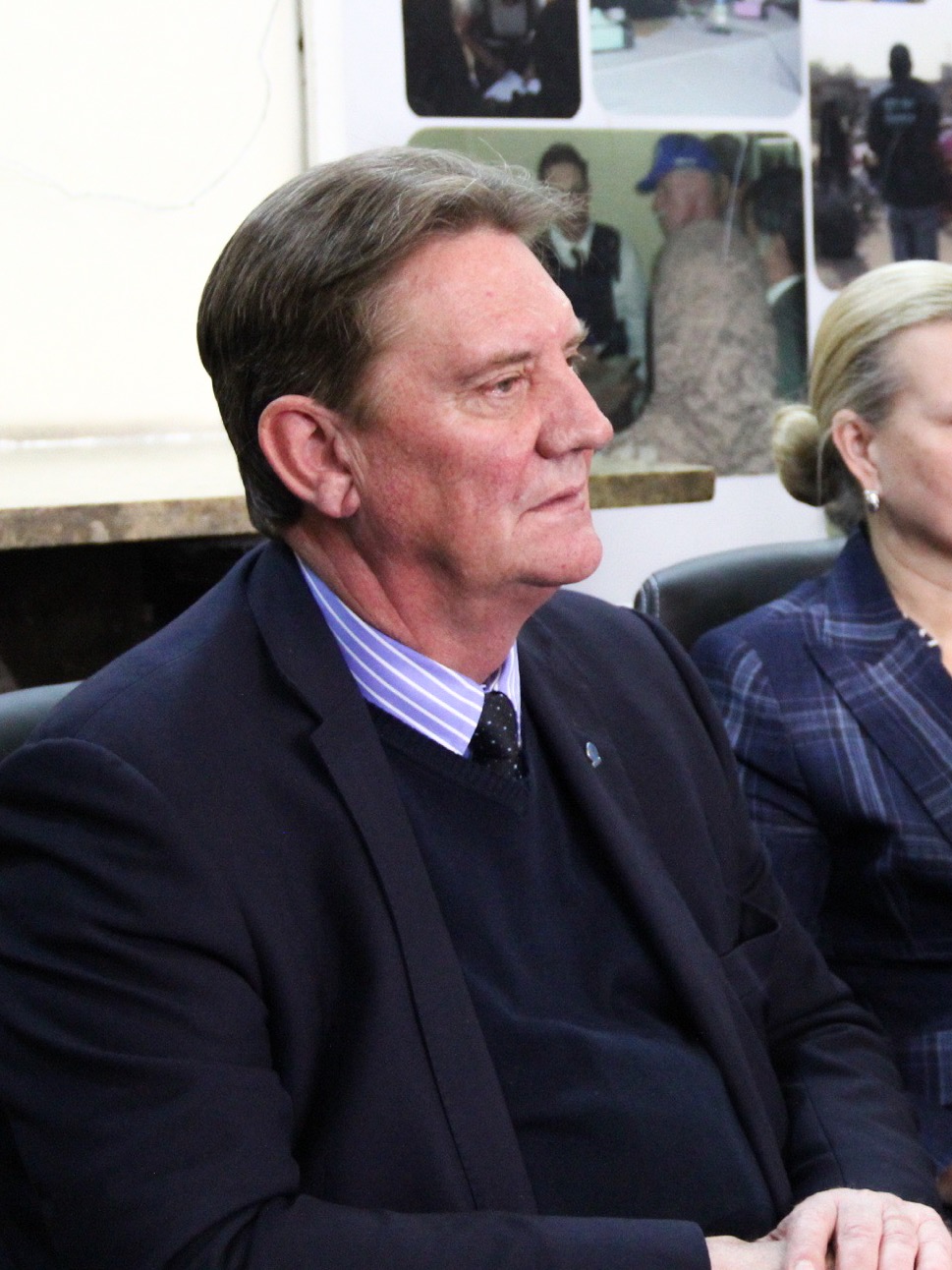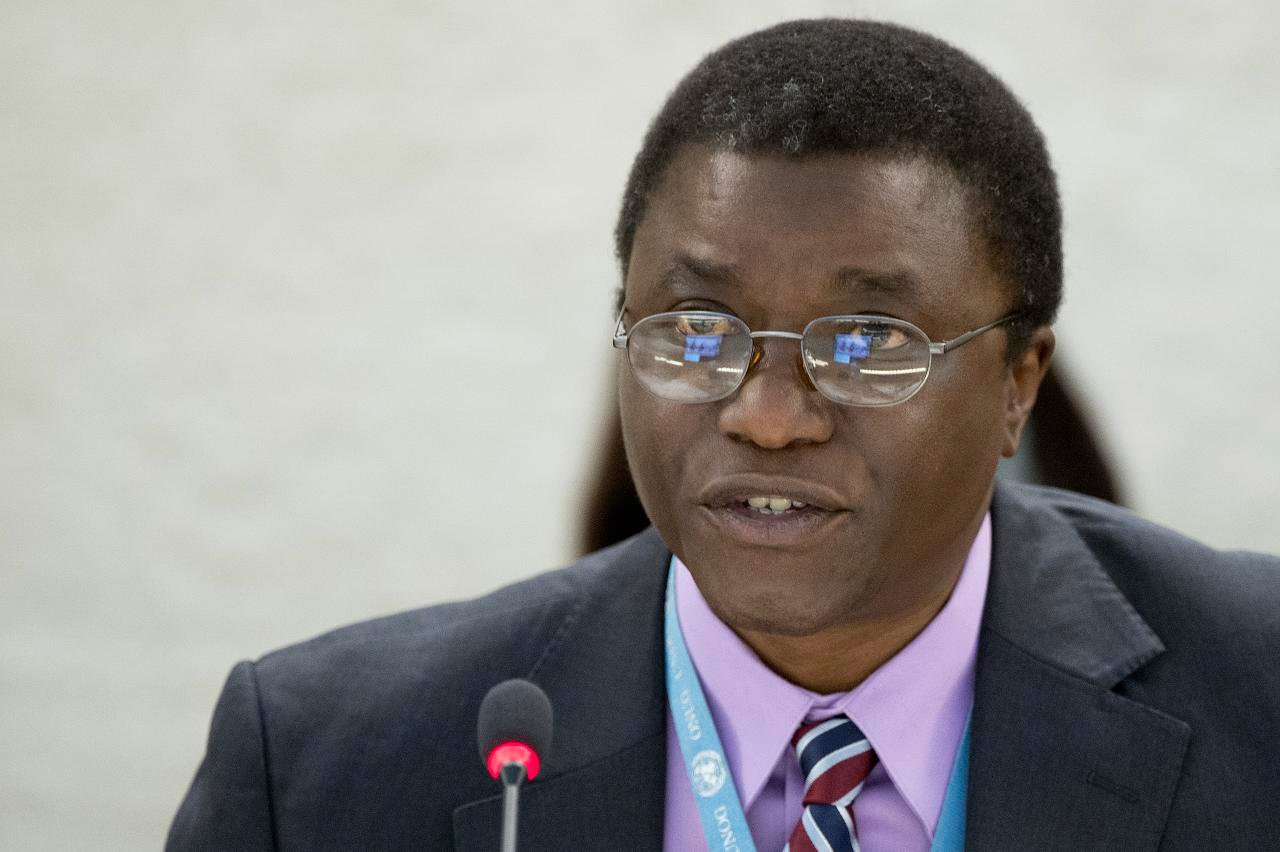Q&A: A photographer for all seasons
Q&A: A photographer for all seasons

GENEVA, March April 4 (UNHCR) - Afghanistan-born photographer Zalmaï left his home aged 15 and ended up in Lausanne, Switzerland. He has worked around the world for numerous publications, but is particularly proud of his work capturing the lives of Afghan and Iraqi refugees. Zalmaï talked recently with Web Editor Leo Dobbs about his work and his life as a former refugee. Excerpts from the interview:
How did you first link up with UNHCR?
When the Taliban were ousted from power in late 2001, there were some 7 million Afghans in exile - I was one of them. People expected huge numbers of refugees to come back and I was interested in recording how people were going to return and how they were going to cope with reintegration. In 2001, 2002, 2003, almost 4 million people returned home from neighbouring Pakistan and Iran. My plan was to document their journey and record the challenges they faced in restarting their lives in a country destroyed by more than two decades of war.
I contacted UNHCR people at the beginning of 2002 and told them about my project. Eventually, they said they were going to support the project and work with me. I worked with UNHCR for almost a year, documenting all the returnees and then putting together a book and a photo exhibition. It went all around the world and I think it was very positive for Afghans and for UNHCR and helped show the faces of these people and their problems to a global audience.
When did you leave Afghanistan and why?
I left Afghanistan in 1980, not long after the Soviet Union invaded [in December 1979]. At that time I was a teenager and enjoyed a good life with my close-knit family. But the Russians and the Afghan Communist Party wanted to conscript all young Afghan males and teenagers and send them to the battlefield. My father didn't want me to join the military and he also realized that the Russians would not be leaving Afghanistan anytime soon. So he sent me and my elder brother to Pakistan, from where we continued to India and eventually [Lausanne in] Switzerland, where I grew up.
At that time I didn't want to quit my family, my country, but the war was coming and we had to leave. It was very difficult for me to leave without my parents and go to a country I didn't know.... I had my elder brother with me and he was a little bit stronger than me.
What did you feel when you reached the Afghanistan-Pakistan border?
The journey was very difficult and we had to walk at night from Kabul to Quetta [in Pakistan]. I was very, very upset about the situation.... The more I was going in the direction of Pakistan, the more I was feeling: "I am losing everything." Each metre closer to the border, I was thinking I'm going to be a metre further from my family, from my parents. And when I finally arrived at the border, there were mountains and desert on both sides. Suddenly Pakistan looked like Afghanistan and I felt a bit less scared.... I realized that this border was in my mind ... and I was happy to cross this mental border.
How was it growing up in Switzerland?
It was not too difficult because I was a teenager and I knew we were not going back to Afghanistan. When I realized this, I started to integrate, learn the language, think about my studies and what I wanted to do. The only difficult thing was not having all my family with me. I was staying with an aunt and my parents only reached Switzerland two-and-a-half years later. When the family was reunited it was easier for me.
Where did you get your interest in photography?
As a kid in Afghanistan, I used to draw a lot and I was interested in the arts.... I discovered photography through one of my relatives. He was an amateur photographer and when he got married he gave me all his darkroom equipment. A few months before I left Afghanistan I processed my first black-and-white print.... Also, in my family we had magazines like National Geographic and I remember an article about the pyramids in Egypt. It made me dream of seeing more of the planet and I thought the best way to do that was to become a photographer. When I reached Switzerland, I knew that I wanted to become a photographer; I wanted to discover the world. I lost my country, I lost my people, I lost my culture, but at the same time I realized that the planet is my home.
Tell us more about your first project with UNHCR
In the beginning, I was just documenting the returnees and I didn't know we were going to do a book. I was thinking about an exhibition because I wanted to correct misunderstanding about Afghanistan and the way the world perceived it after 2001.... Afghanistan is not the Taliban or Al-Qaeda, it is millions of innocent people trying to have a normal life. They have hope and I want to tell their story, I didn't want to go to the battlefield.
I was interested in showing the hope of people who were trying to rebuild their lives. For that reason, it was good working with UNHCR because they were doing the same thing, they were helping people and they were helping rebuild the country.... UNHCR was interested in a book, but we had to find sponsors. We found everything and it was published in French and English with the Aperture Foundation in New York.
Where did you travel?
In the north, in the south. I went to Balkh, to Faryab, to Herat, to Kandahar, to Spin Boldak, to Jalalabad. Sometimes I followed the people on their journey back home, such as the Hazaras on their way back to Bamiyan.... I went all over Afghanistan and during the four seasons of the year. If you look at my book you have snow, you have rain. It was not just done in 15 days; I followed the returnees in a difficult situation.
Tell us about your new book project on Iraqi refugees
I was always interested in what was going on in Iraq - not the fighting, but the effect of the conflict on the population.... I was in New York and I talked to Human Rights Watch and they said they were interested in doing something and that I was the right person to go and talk to these people [Iraqi refugees].
I went to the Middle East and I did this work. The Iraqi refugees reminded me of my own family and experiences.... The same thing happened in Afghanistan in the 1980s. I went to Syria, Lebanon and Jordan to cover this story and I met a lot of people. The title of the book is "Silent Exodus" and it will be published with Aperture again and, I think, UNHCR.
Why this book? I think today we don't see any faces of Iraqi refugees, just numbers - 4 million, 3 million. If the public can't see who they are, we are not going to find any kind of support to help them. I'm sure that what I'm doing about awareness is going to give some voice to these people ... my role is to give them faces and a voice.
I could share something with the Iraqi refugees and when they knew I was from Afghanistan and had a similar story, they opened their doors and said: "You understand and you should bring our voice outside."
Did you have any particularly moving experiences?
I was working in Jordan and my guide took me to see a very poor family in downtown Amman. A young couple and their three or four children lived in a tiny basement room. One of the children couldn't walk and I asked what had happened to him. The father, a taxi driver, said their house in Baghdad had been bombed and the six-year-old boy was badly burned, but they did not have any money for medical treatment. They decided to come to Jordan. The boy needs surgery; all his left side is burnt and the skin is totally dry. Without an operation, he won't be able to walk properly in six months to a year.
That was the most difficult experience for me. I had the face of this child in my mind all the time and for two or three months I had nightmares. It is very important to me that somehow I can help this family.... Today, I can do something for this family; I think it's going to help me continue my life in peace.

